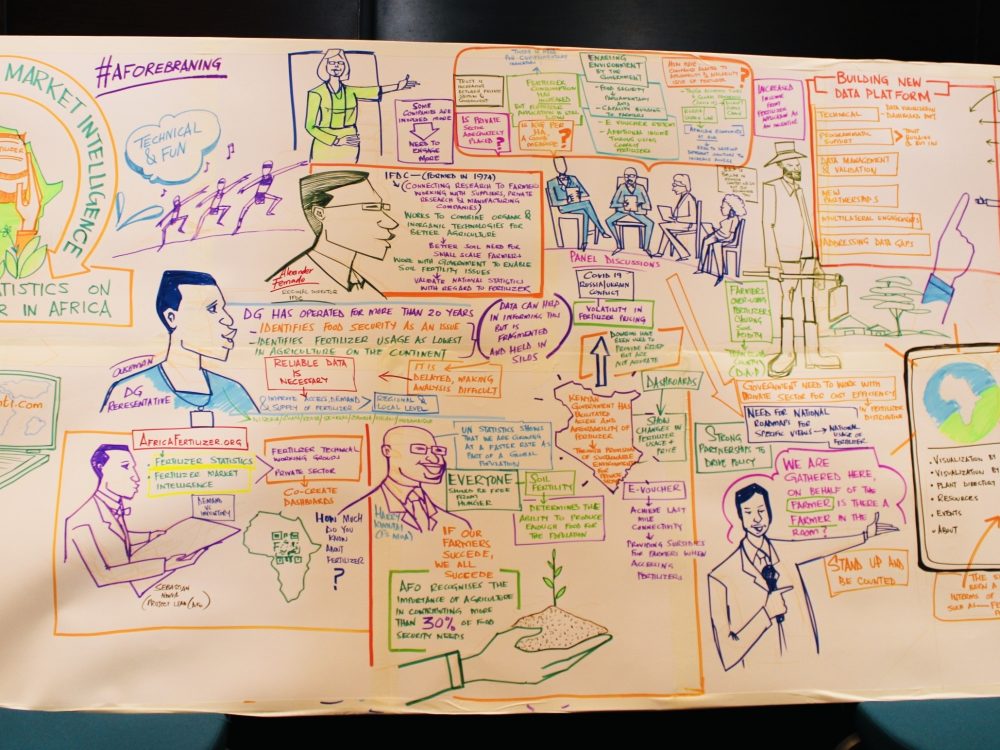The Supply and Demand of Open Data
We are all familiar with the patterns of supply and demand. For many who are asked to supply open data, the question of demand is a bit more complex than one might initially think. Since the “open”part of open data implies that users shouldn’t need to pay for access to the data, it is harder to gauge what the data are worth to people.
Alex Howard makes the argument that when calculating the demand, we shouldn’t focus completely on the economic outputs. He points to data.gov, which highlights the differing companies that are using open government data, but doesn’t highlight the other social good that comes from open data. The individual citizen should not be forgotten.
The World Bank Open Finances group did extensive research to determine how both the general public and the open data community are using open finance data, and whether those who wanted data knew where to find it. Their survey found that approximately 63% of users in Indonesia and Kenya who want public financial information do not know how to access it.
What was especially interesting about the research was the finding that almost 60% of the world’s population still lives without regular internet access. Piloted in two offline communities, researchers found that offline users were rarely familiar with open financial data in both digital and offline forms, but were quick to uptake and disperse financial information that was shared with them. The question becomes, how can we better disseminate information to all communities, on and offline?
This research underscores one of the biggest challenges for anyone working in technology for development: internet access. Even places where internet is present, it is often painfully slow, causing inefficiency and tedium. This struggle is outlined in a recent article about how Tonga was recently connected to high-speed internet. Some cities that are grappling with these problems —cities both abroad and in the U.S., such as Chattanooga, Tennessee — are taking matters into their own hands. Instead of waiting for companies to get around to upgrading their internet speed, the city laid their own local fiber network to increase internet speed to Google Fiber level.
While these solutions can be difficult to pull off, they are becoming more popular and perceived as threatening to companies who argue that it is unfair to allow government-backed entities to compete with private companies. We’ll probably see this battle heighten as more turn toward municipal networks as an option.
Image source: World Bank
This piece was originally published on AidData’s The First Tranche.
Share This Post
Related from our library

Building a Sustainable Cashew Sector in West Africa Through Data and Collaboration
Cashew-IN project came to an end in August 2024 after four years of working with government agencies, producers, traders, processors, and development partners in the five implementing countries to co-create an online tool aimed to inform, support, promote, and strengthen Africa’s cashew industry. This blog outlines some of the key project highlights, including some of the challenges we faced, lessons learned, success stories, and identified opportunities for a more competitive cashew sector in West Africa.

Digital Transformation for Public Value: Development Gateway’s Insights from Agriculture & Open Contracting
In today’s fast-evolving world, governments and public organizations are under more pressure than ever before to deliver efficient, transparent services that align with public expectations. In this blog, we delve into the key concepts behind digital transformation and how it can enhance public value by promoting transparency, informing policy, and supporting evidence-based decision-making.

From Data Gaps to Impact: Key Insights from the VIFAA Program
Over the last six years, DG, together with its partners AfricaFertilizer (AFO) and Wallace & Associates, collaborated to implement the Visualizing Insights on Fertilizer for African Agriculture (VIFAA) Program. In the program’s final year (2024), the team undertook a “program learning process” to reflect on outcomes, challenges, and successes through internal interviews. This blog captures five key learnings, which we hope will guide similar programs aiming to bridge data gaps in agricultural development.